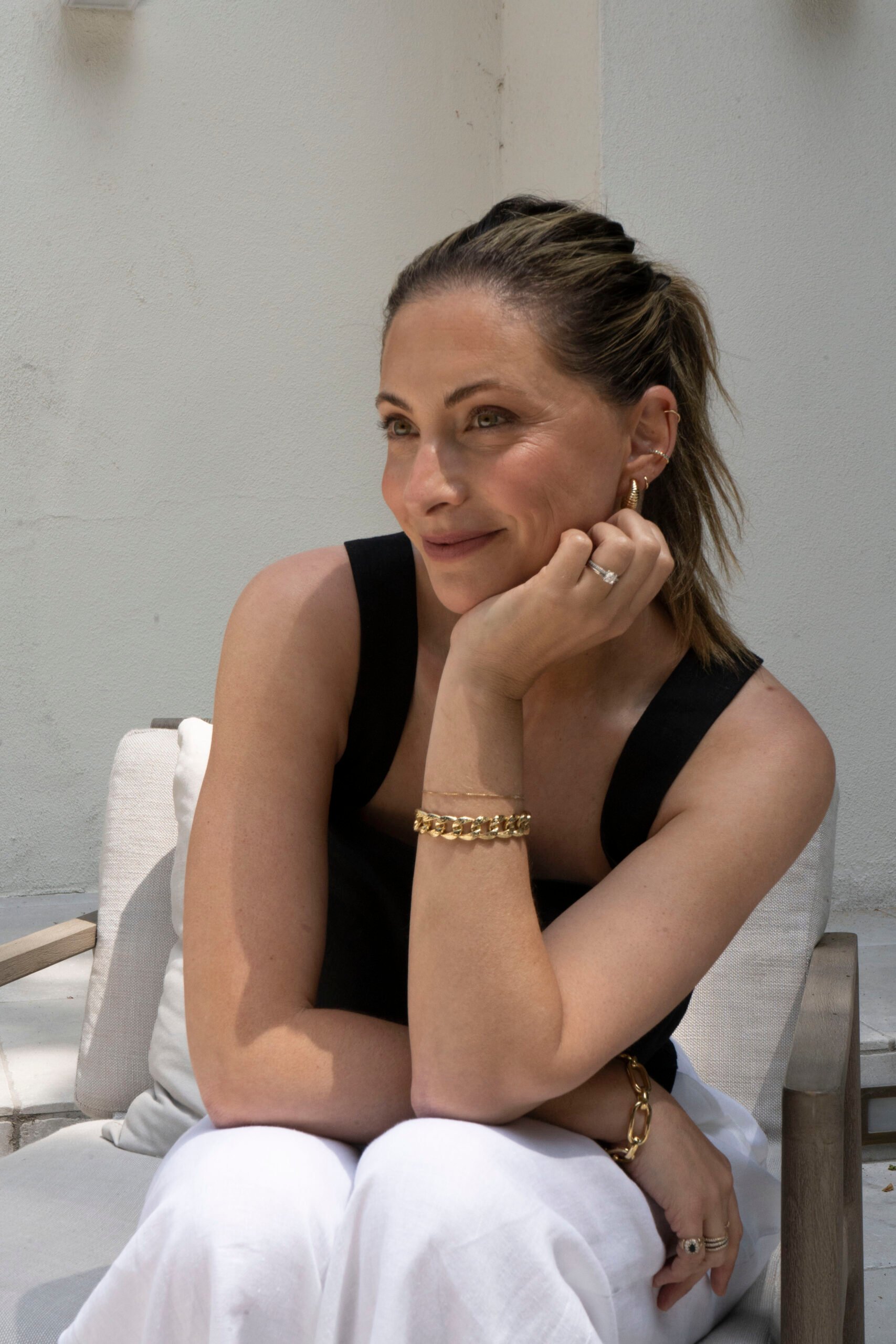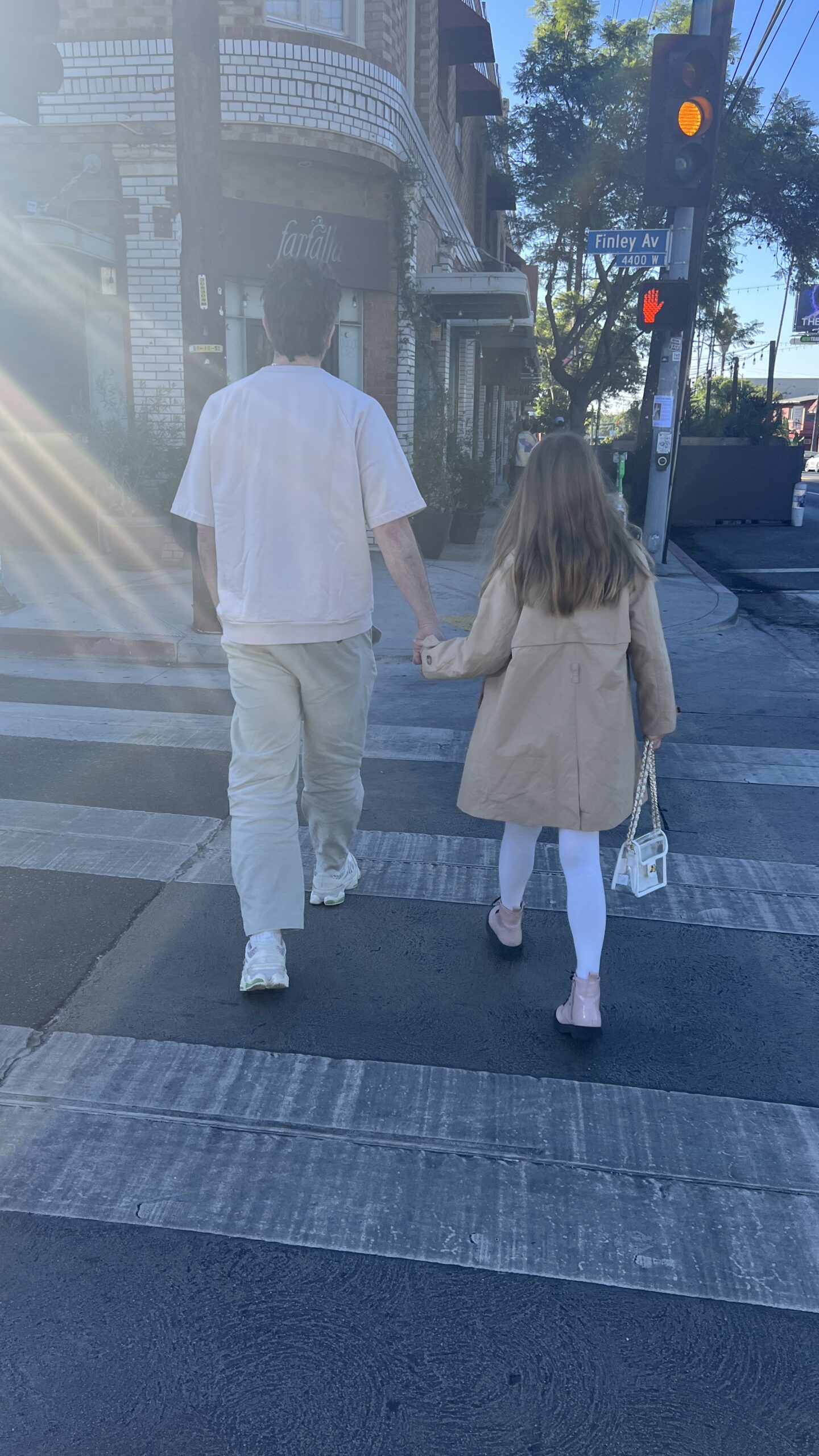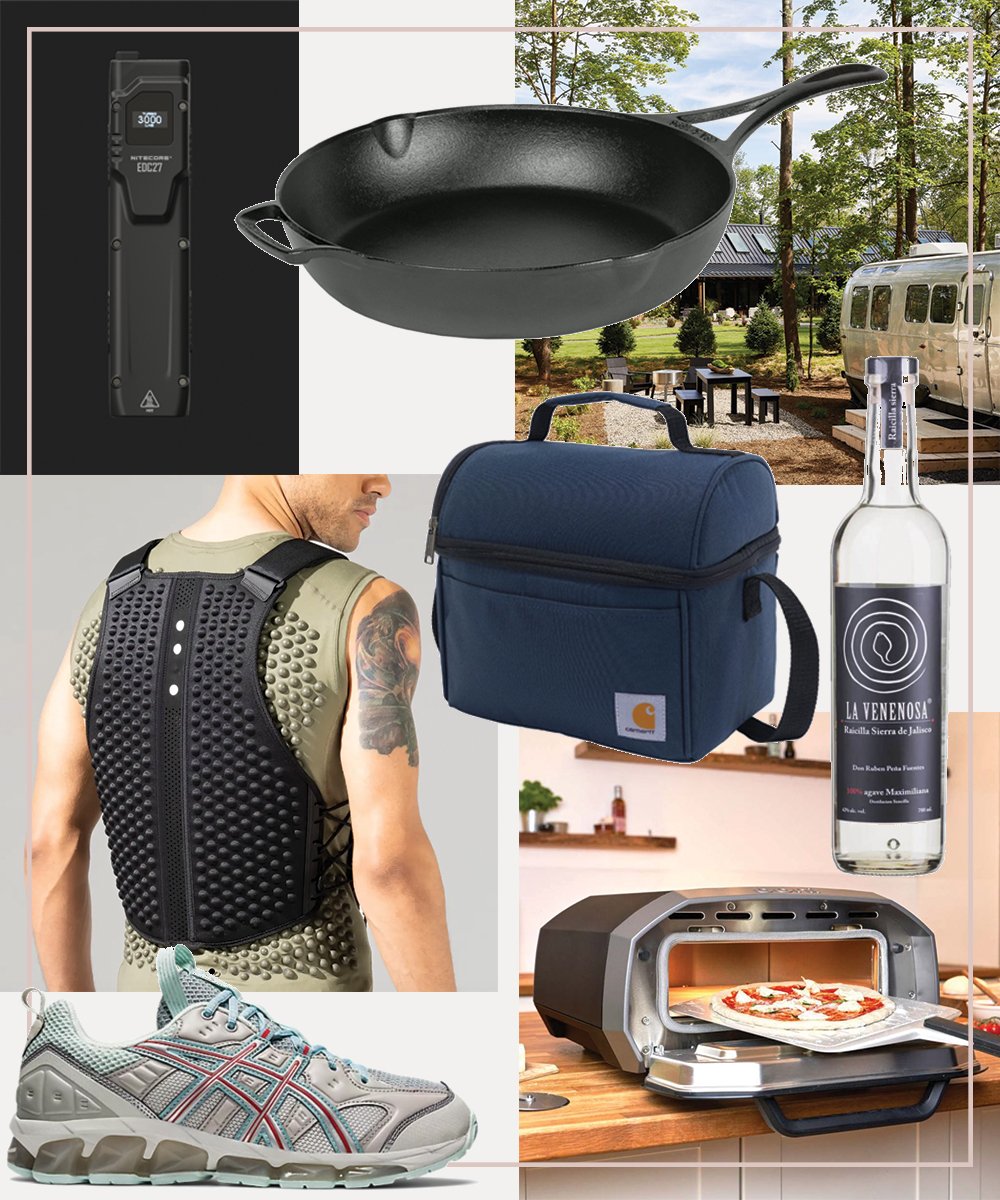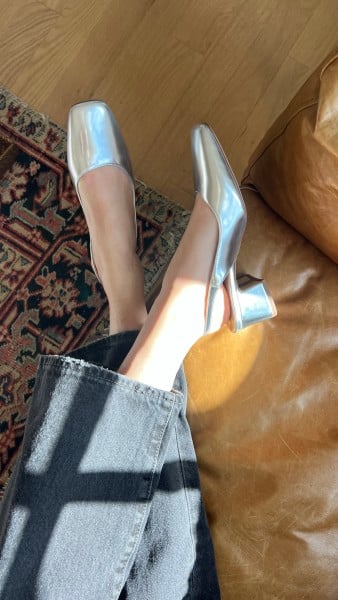
I always knew I was different. I know it’s cliche to open with that line, but there’s no other way to describe what I felt growing up as a kid. As a child, it was painful to stay on task and not daydream; I struggled to focus on what my teachers were instructing me to do. My report card read like a computer glitch; I was either earning As or barely getting by. My experience as an adult can be summed up in one post-graduate anecdote: I was an intern at a global PR agency. I came up with a “brilliant” and “creative” commercial idea endorsed by the company’s executive team. Rather quickly, I was known as the “ideas” person, but I couldn’t do basic administrative tasks to save my skin at the company. Once the internship was over, I wasn’t asked to join the team full-time. Mentally, I got to a point where I believed that I was destined to be a lifelong screw-up.
Eventually, sometime during 2014, I began seeing a new therapist who recommended I see a psychiatrist for what she, finally, diagnosed as ADHD. I was given medication and instantly saw an uptick in the work I was doing. Unfortunately, I also felt like a zombie and my creativity plummeted to the point that, with a doctor*, I ultimately decided to stop taking my ADHD medication, and to find behavioral coping techniques that allowed me to focus.
Over time (and by “over time,” I mean, after a lot of failures, trial, and error, and suffering), I discovered what kept me focused and what didn’t. I kept track of how my mind responded to specific routines and what I needed to feel like me, a creative person who is also focused, engaged, and high-functioning. Below are a few of the tips I use for heightening my ability to focus and remain productive throughout the day:
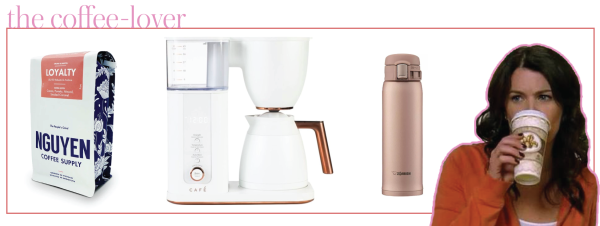
I wish I was the person who could wake up, roll over, grab my laptop, and get to work. But I am not that girl—and, it turns out, many are not. If you find yourself deep in ADHD TikTok, you may hear many people living with ADHD expressing a need for momentum. Experience has taught me that if I start the day off watching YouTube videos in bed, I will adopt a lazier energy for the day. Whereas when I complete the below morning routine, I tend to be more productive:
My morning routine isn’t overly complicated (I’ve learned that it can’t be, or else I will not do it). I leave my phone in a separate room and have my alarm go off around 6 am. Next to my phone is our dog’s leash and harness. I take Winslow (that’s the pup!) for a 25-minute walk. If I want a longer walk, I can do that, but at minimum, I need to be outside for 25 minutes. From there, I will get in the shower.
Over time, I’ve come to observe how much more enthusiastic I am to do something if I’ve completed a simple morning routine of turning off my alarm clock, walking the dog, getting fresh air, and taking a shower.
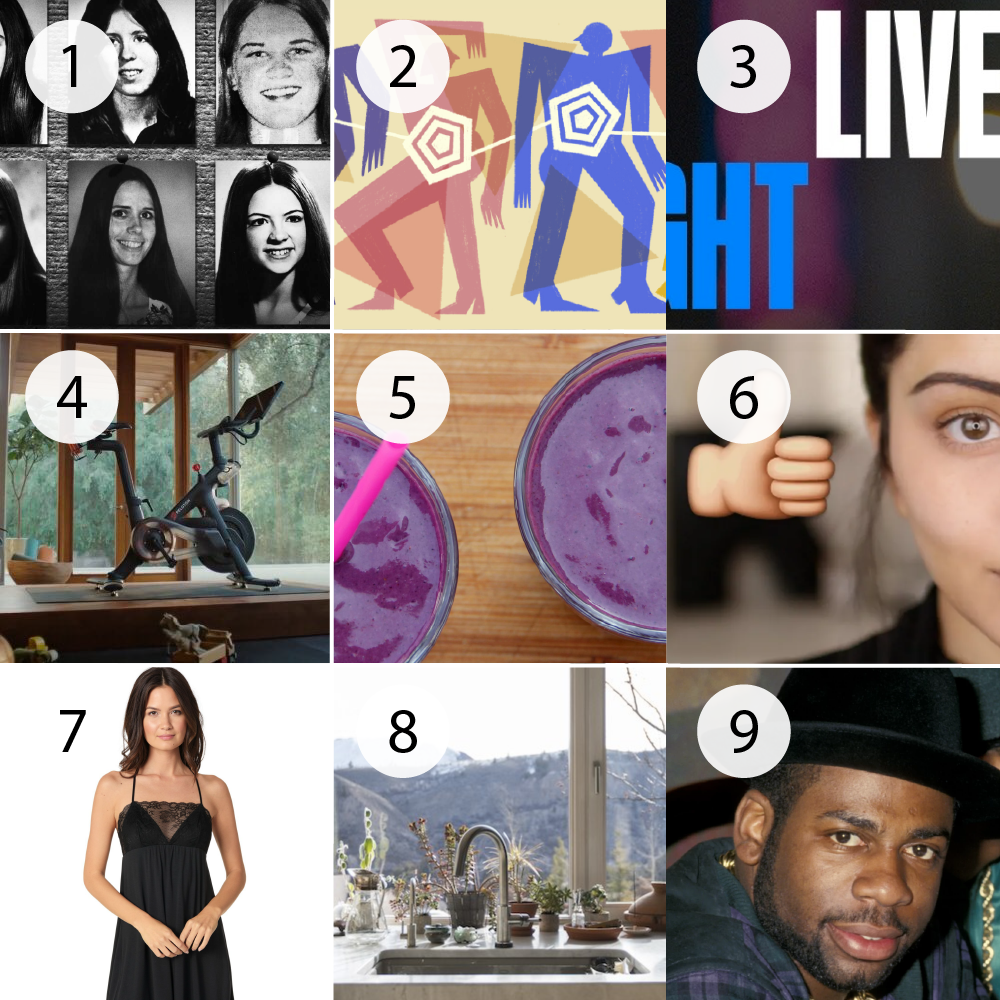
At the time I started using time-blocking, I thought I had discovered a new phenomenon, but it turns out, many people have benefited from this hack. At its essence, time-blocking is splitting your schedule into “blocks” and focusing on one task at a time.
Personally, I try to break up my days into three categories: morning, afternoon, and early evening. In the morning, I will tackle one specific project, like recruiting for a client. I will give myself the space to focus on personal work like cleaning the kitchen or running errands in the afternoon. By the early evening, I’m onto my career coaching clients. Though it’s far from a perfect science, having three distinct blocks encourages me to give my all to one specific area rather than trying to do ten assignments at once.

Let me be clear—I love planners! As an avid collector of planners, stickers, and stationery, I’ve always been enamored by the small and whimsical detailing that goes into them. But here’s the problem with ADHD and planners: when (not if—when) you lose them, you’re screwed. I’ve missed deadlines, appointments, and items on my grocery list, all because I misplaced a physical planner.
Instead, I keep a Cloud-based Notes-pad on my laptop and phone. It’s not the most aesthetically pleasing option, but it is the most practical for someone with ADHD (aka, someone with a million thoughts per hour). Personally, I house many lists, but regularly update the following:
Grocery List: I do my best to go to the store once a week, and I’ll reference this list the entire time I’m there. Because it could be me, but I always forget coffee creamer unless it’s literally written down and in front of my face. From there, I categorize every food by the aisle it will be in at the store: produce, grains, specialty. This allows me to stay focused when I am buying groceries and not get distracted by ~*all the pretty things*~.
Misc. Shopping List: Listen, I am not ashamed of my game. I am an emotional spender. To combat this hereditary disease (joking), I allow myself to place all of my purchases on Fridays and Fridays alone. Most of the time, the “genius” idea I have on Tuesday doesn’t make it to Friday. And ultimately, I save so much time and money by holding off on a purchase.
Money Diaries: I am someone who needs their goals bolded and in front of their face! I feel more empowered and encouraged when I can reference my “money diaries” and money goals on a weekly basis. My “money diary” is a list of financial goals I am achieving (i.e., building an emergency fund for my business is my current goal) and an itemized list of how much money is going toward savings, spending, travel funds, and upcoming celebrations like friends’ weddings. Looking at my diary and seeing “Ellen’s wedding in Hawaii—$3,000,” allows me to remember what I am working toward and be re-inspired more often to keep going. And, I put a check next to goals I accomplish because I have to be reminded that I can do hard things. (Related: That’s currently my mantra, “I can do hard things, because I’ve done things.”)
‘JAZMINE FOCUS’: No, it’s literally entitled ‘JAZMINE FOCUS,’ and it’s what I update almost every morning before starting my workday. The deal I’ve made with myself is once I finish a task, I can have a 15-minute break.

I cannot be trusted to submit payments on time. My credit score—and, frankly, anything good in my life—is because of automation.
Currently, I automate my invoices, payments, and some groceries. Further, I have an automation process with emails to limit distractions during the day. Next, I have invested part of my income toward housekeeping monthly. It’s been a thoughtful, positive investment. I can work on various client-facing projects while the team takes care of one of my greatest hurdles: keeping a spotless home.

Speaking of cleaning, I do take care of our home most days, and I swear I’ve hacked the system into making cleaning an easy, quick task. I set a timer for 7 minutes while I’m in each room. For the patio, I water the plants and, if I have time, I sweep. I put cords away in the office and, if I have time, I polish the desk. I make the bed in the bedroom and, if I have time, I clean the baseboards.
With a timed cleaning, I put a healthy dose of pressure on myself to complete a task rather than overanalyze it. When I don’t set the timer, I can very quickly get side-tracked and decide, “Hmm, this bookshelf needs to be styled,” or “Wow, I think now—at 9 am before a 10 am meeting—is the best time to start a deep-clean of my entire house.” HIIT cleaning, as I’ve come to call it, is like a game: How much can I get done in 7 minutes?
As someone living with ADHD, I know the smallest of tasks can be the most daunting. (Seriously, if anyone masters doing laundry in a single day, please DM me.) But I am proud of the evolution I’ve made in the last several years and that there are more spaces like TikTok, and cupcakes and cashmere for that matter, for us to share our observations with one another.
*Before I go any further, it’s worth mentioning that I am not against taking medication, nor do I recommend that anyone on ADHD medication go off of it, particularly not without the help of a doctor. I owe so much of my well-being to modern medicine and take an antidepressant for depression, anxiety, and mood stability. The tips are simply what I’ve found work best for me—and I’m sharing them, in the hopes that they are helpful to people both struggling with ADHD and simply focusing. I am not a doctor and encourage you to speak with a licensed professional if you have or think you may have ADHD.
